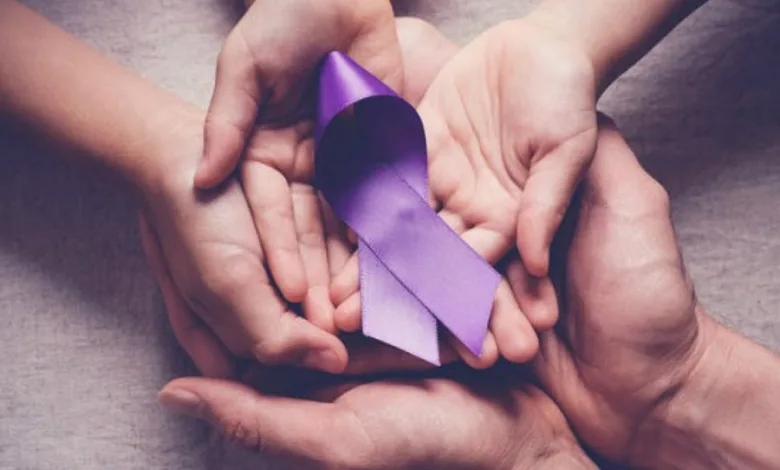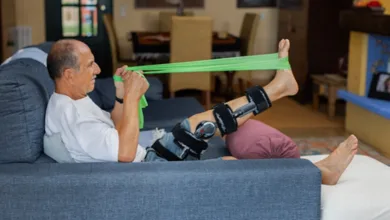Steps Individuals and Families Can Take After an Alzheimer’s Diagnosis

Steps Individuals and Families Can Take After an Alzheimer’s Diagnosis
By the Alzheimer’s Association
Receiving an Alzheimer’s diagnosis is never easy— it’s life-changing but knowing what to do in its aftermath can be equally challenging. While there is no one correct response to a diagnosis, there are steps individuals and families can take to come to terms with the diagnosis, face the challenges and move forward.
Today, more than 6 million people in the United States live with Alzheimer’s, including 400,000 in Texas. As the current population ages, more individuals will be diagnosed with Alzheimer’s and other dementia.
The Alzheimer’s Association offers steps that recently diagnosed individuals and their families can take following an Alzheimer’s or dementia diagnosis.
Taking care of your emotional needs
Coming to terms with a diagnosis and the emotions that come with it may help an individual accept the diagnosis, move forward, and discover new ways to live a positive and fulfilling life.
When working through feelings, individuals can try a combination of approaches, including:
- Write down thoughts and feelings about the diagnosis in a journal.
- Share feelings with close family and friends and speak openly and honestly.
- Find a sound support system that includes individuals in the early stage of the disease and understand what it is like. Consider ALZConnected message boards or learn more about support programs.
- Stay engaged by continuing to enjoy the same activities before the diagnosis.
- No two people deal with their diagnosis the same way. There is no right approach. Learn coping tips to help you manage challenges.
You are not alone
People living with early-stage Alzheimer’s often share that one of the most important lessons they learned following their diagnosis was the need to be proactive in educating themselves about the disease and finding support.
Connecting with other diagnosed individuals can help put your own experiences of living with the disease in perspective and provide the support and encouragement necessary to move beyond the diagnosis. Two good places to start: Join a support group or our online community, ALZConnected.
Questions for your doctor
After receiving a diagnosis, it’s normal to leave the doctor’s office unsure of what questions to ask. Here are some initial questions to consider:
- How will the disease progress?
- What treatment options are available?
- What clinical trials are available?
“The truth is, you or your loved one can continue to live a meaningful and productive life,” said Mark Denzin, executive director of the Alzheimer’s Association Dallas and Northeast Texas Chapter. “And while there is no cure for Alzheimer’s currently, there are approved FDA treatments that can change disease progression. It is important to talk to your doctor about what is available for you.”
To learn more about Alzheimer’s or other related dementia or resources that can help individuals and their families, visit alz.org or call the Alzheimer’s Association 24/7 Helpline at 800.272.3900.








